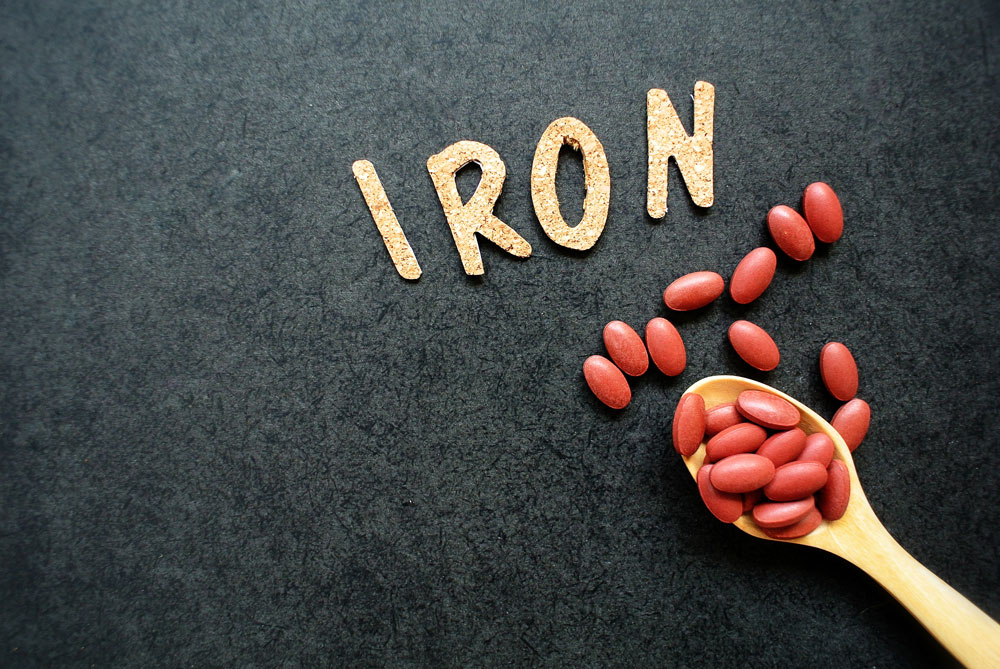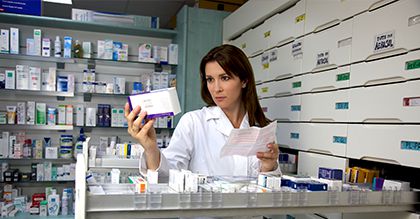Headaches are a common concern in most pregnant women which attracts them to pills that are not advisable during pregnancy. Here are a few simple tips that can help you avoid such troublesome headaches.
Preventing headaches:
- Avoid headache triggers: Keep track of your meals, activities and headaches for several days to help pinpoint your headache triggers then do your best to avoid those.
- Include physical activity in your daily routine: Try a daily walk or other moderate aerobic exercise.
- Manage stress: Find healthy ways to cope with the stressors in your life, such as delegating tasks on your to-do list and spending time with people who lift your spirits.
- Practice relaxation techniques: Try calming activities such as deep breathing, yoga and visualisation.
- Eat smaller, more-frequent meals throughout the day: This will keep your blood sugar on an even keel.
- Create a social network with other would-be moms
- Drink plenty of fluids: Staying hydrated can keep you feeling your best.
- Follow a regular sleep schedule: Fatigue and lack of sleep can contribute to headaches during pregnancy. Go to bed and wake up at about the same time every day, even on weekends.
When headache strikes:
- Rest. Lie down in a dark, quiet room with your eyes closed.
- Include physical activity in your daily routine: Try a daily walk or other moderate aerobic exercise.
- Use a compress. Apply a warm compress (such as a hot towel) to your face, eyes and temples?? or try a cold compress on the back of your neck.
- Try massage. Ask someone to massage your shoulders and neck to relieve tension. You might rub your temples, too.
For further details or queries , kindly contact us at? tomotherhoodindia@gmail.com


 Toll Free Number
Toll Free Number












